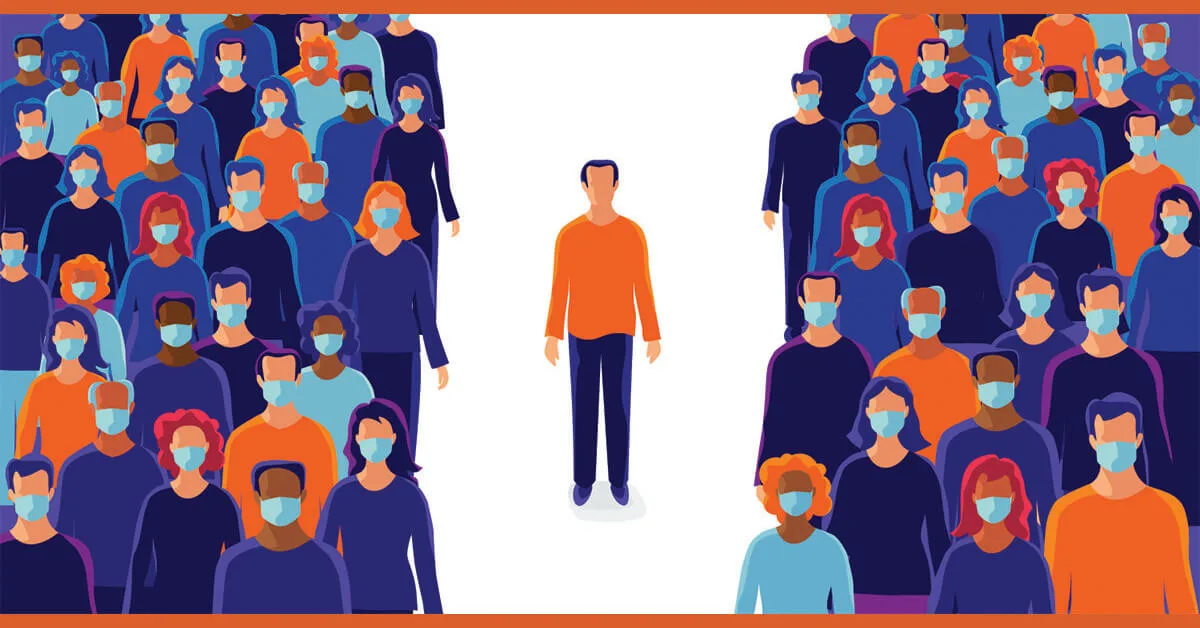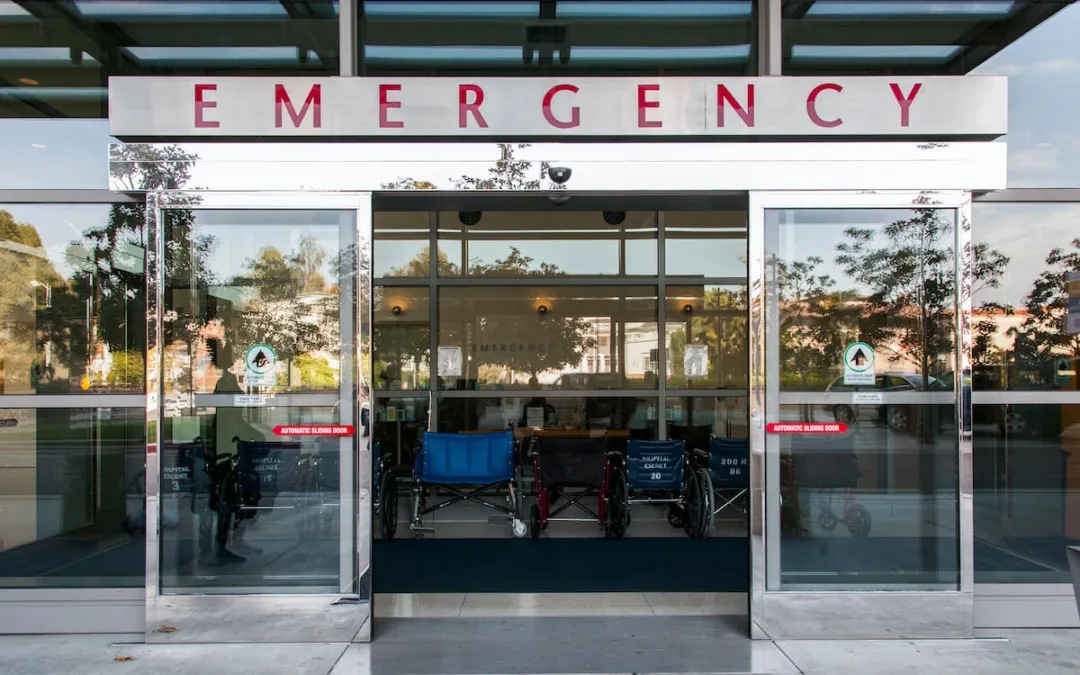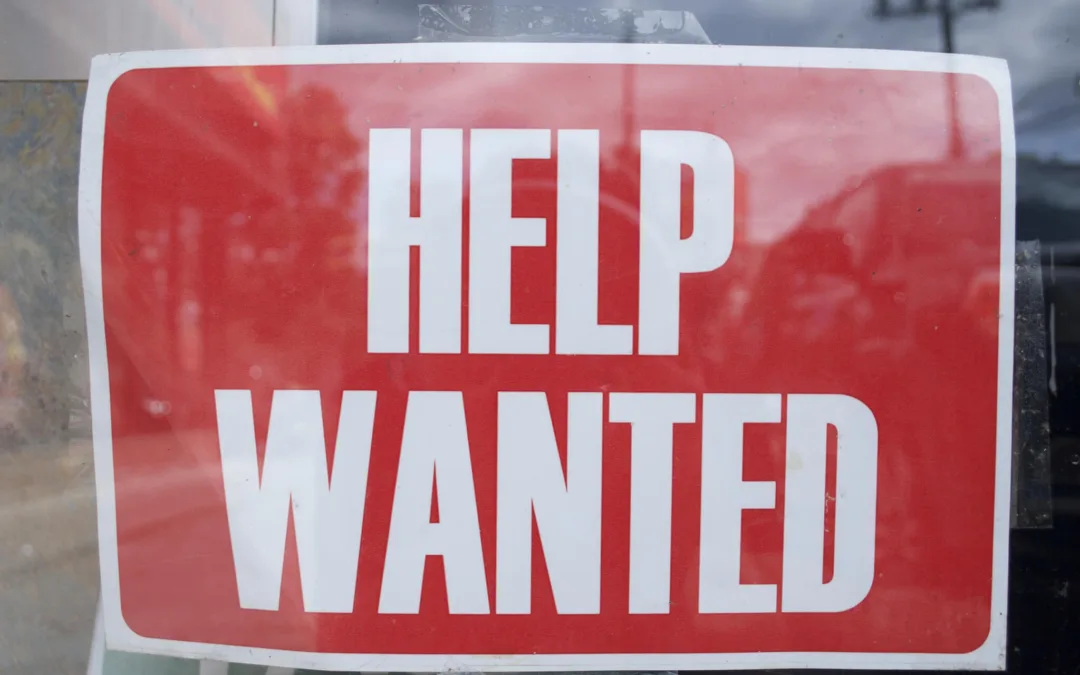
#image_title
#image_title
The federal government’s lack of a cohesive response has forced states to adopt their own rules and create a patchwork system of “stay-at-home” orders and other public health measures.
The coronavirus pandemic has changed life as we know it and made us ask once-unthinkable questions. Is it safe for me to go outside? Can I hug my mother and father? Are we going to be in quarantine, like in the movies?
There are a lot of questions floating around and an equal amount of misinformation. The federal government’s lack of a cohesive, cogent response has made matters worse, forcing states to adopt their own rules and create a patchwork system of “stay-at-home” orders and other public health measures.
Sorting Fact From Fiction: Sign Up For COURIER’s Newsletter
The lack of federal leadership has left millions of Americans confused about where to look and what to do. Unfortunately, there is no one answer for these questions. Instead, they vary from state to state. But here are some of the most common questions, examples of answers, and information about how you can find the answer that applies to you and your community.
Does my state have a stay-at-home order?
Forty-two states, Washington D.C., and Puerto Rico have enacted stay-at-home or shelter-in-place orders, which cover 90% of Americans. But eight states—Arkansas, Iowa, Nebraska, North Dakota, Oklahoma, South Dakota, Utah, and Wyoming—have resisted issuing statewide orders so far and the Republican governors of these eight states have offered varying explanations for their opposition to stay-at-home orders.
What does a stay-at-home order mean?
“Stay-at-home” or “shelter-in-place” orders direct residents to remain home unless they work essential jobs or need to run critical errands, such as getting food or prescription drugs, going to the bank, or getting gas.
Who is allowed to leave their home?
Essential workers are free to leave their homes to go to work. Non-essential workers can also leave to get groceries, pick up food or prescription drugs, etc., but should be staying at home most of the time.
What is considered an essential job?
The “essential job” classification can vary from state to state, but broadly speaking they include roles such as healthcare providers, pharmacists, grocery store clerks, restaurant workers, gas station clerks, garbage collectors, law enforcement officers, public utility workers, plumbers, and other skilled contractors. The comprehensive list is much, much longer however.
To find out whether you qualify as an essential worker, you should visit your state department of health’s website, a list of which you can find on the CDC’s website.
How do I prove I’m an essential worker?
While some companies have issued employees letters’ to prove to authorities that they are “essential workers,” individuals are not currently required to prove their status as essential workers when they leave their houses. Businesses, however, can be shut down and have their licenses revoked for not complying with orders.
What kinds of businesses are still open?
Essential services, such as grocery stores, take-out and deliver-only restaurants, pharmacies, convenience stores, gas stations, hardware stores, laundromats, and banks remain open. But again, this can vary from state to state.
In California, for example, marijuana dispensaries are considered essential and remain open, while gun shops remain open in New Jersey, but not in New York. Similarly, in many states, including Florida, churches and houses of worship remain open, while in other states, like Maine, they have been designated non-essential.
To find out what’s open in your state, you should once again check out your state’s department of health website, which you can find here.
Can I go outside for a walk? What about hiking or biking?
Yes, you can go for a walk. Just make sure to practice social distancing and stay at least six feet away from others.
The rules regulating hiking trails vary from city to city and state to state. In Los Angeles County, all public hiking trails and beaches have been closed, while about 100 miles away in Palm Springs, hiking trails remain open. In Montana, meanwhile, public lands, including hiking trails, remain open and walking, hiking, and biking is encouraged, as long as social distancing is practiced.
How are states enforcing stay-at-home and other emergency orders? Can I be punished?
In most cases, states initially relied on individuals to voluntarily comply with stay-at-home orders and other public health directives, but increasingly, states and cities are beginning to adopt enforcement mechanisms, such as issuing fines, conducting arrests, and charging violators with misdemeanor charges.
In Maryland, a man was arrested after hosting an outdoor bonfire with more than 60 people in attendance, while in Florida, a pastor was arrested after ignoring emergency orders against large public gatherings. In San Diego County, 52 citations have been issued for violations of California’s stay-at-home order.
States and localities have also begun shutting down non-essential businesses that have refused to abide by the orders.
Many states have enacted severe punishments for non-compliance. In Alaska, an individual who goes against the order “may, under certain circumstances” be charged with reckless endangerment if they are risking the lives of others. That charge is a class A misdemeanor in the state, meaning a person can be jailed for up to a year and fined $25,000. Other states, like Kansas, have left it up to local jurisdictions to enforce and charge anyone found violating the state’s order.
A non-exhaustive list of how states are enforcing these orders can be found here, courtesy of KAKE.com. For more information, contact your local or state officials.
Is public transportation still running?
Public transit systems in major cities remain open, but are operating on skeleton crews and reduced service schedules and have seen massive drops in ridership. Cities have taken precautions to keep their remaining passengers and workers safe, but some public transit workers have called for their services to be shut down, citing safety concerns and fear for their lives. That may be unlikely, however, as more than 36% of essential workers rely on public transportation to get to work.
Am I allowed to visit a loved one or see a friend?
Not unless it’s essential in some way, such as if you’re a caretaker. Otherwise, social gatherings, even of groups of two or three people, are strongly discouraged.
Can I buy my pet food or take my pet to the vet?
Yes, your pet’s health is considered essential.
Do I have to wear a mask or face covering when I leave my house?
Not technically, but per a new CDC guidance, you probably should.
“CDC recommends wearing cloth face coverings in public settings where other social distancing measures are difficult to maintain (e.g., grocery stores and pharmacies) especially in areas of significant community-based transmission,” the agency wrote in its new guidance on Friday.
While these guidelines have been recommendations thus far, some localities are now enforcing face coverings as well. Los Angeles Mayor Eric Garcetti announced an order Tuesday requiring all residents to wear a face covering when visiting most essential businesses. Starting Friday, residents must wear a mask, bandanna or other type of covering over their noses and mouths when visiting grocery stores, pharmacies, restaurants, and many other essential businesses. Businesses can refuse to serve any individual who doesn’t comply with the mandate.
Angelenos must also wear coverings when using rideshare services or taxis under Garcetti’s order, but the order does not require people to wear face coverings when exercising or walking alone outside.
Several other California localities, including Carson City, Lancaster, and Riverside and San Bernardino counties have also mandated face coverings when in public or while completing essential tasks. Miramar and Cutler Bay, both in Florida, have also issued similar orders.
So far, these mandates do not come with punishments, such as fines or tickets, but as these rules continue to evolve, that may change.
Politics

New Biden rule protects privacy of women seeking abortions
Under the new rules, state officials and law enforcement cannot obtain medical records related to lawful reproductive health care with the goal of...

Biden marks Earth Day by announcing $7 billion in solar grants
The Biden administration on Monday announced the recipients of its Solar For All Program, a $7 billion climate program that aims to lower energy...
Local News

Stop and smell these native Wisconsin flowers this Earth Day
Spring has sprung — and here in Wisconsin, the signs are everywhere! From warmer weather and longer days to birds returning to your backyard trees....

Your guide to the 2024 Blue Ox Music Festival in Eau Claire
Eau Claire and art go hand in hand. The city is home to a multitude of sculptures, murals, and music events — including several annual showcases,...




